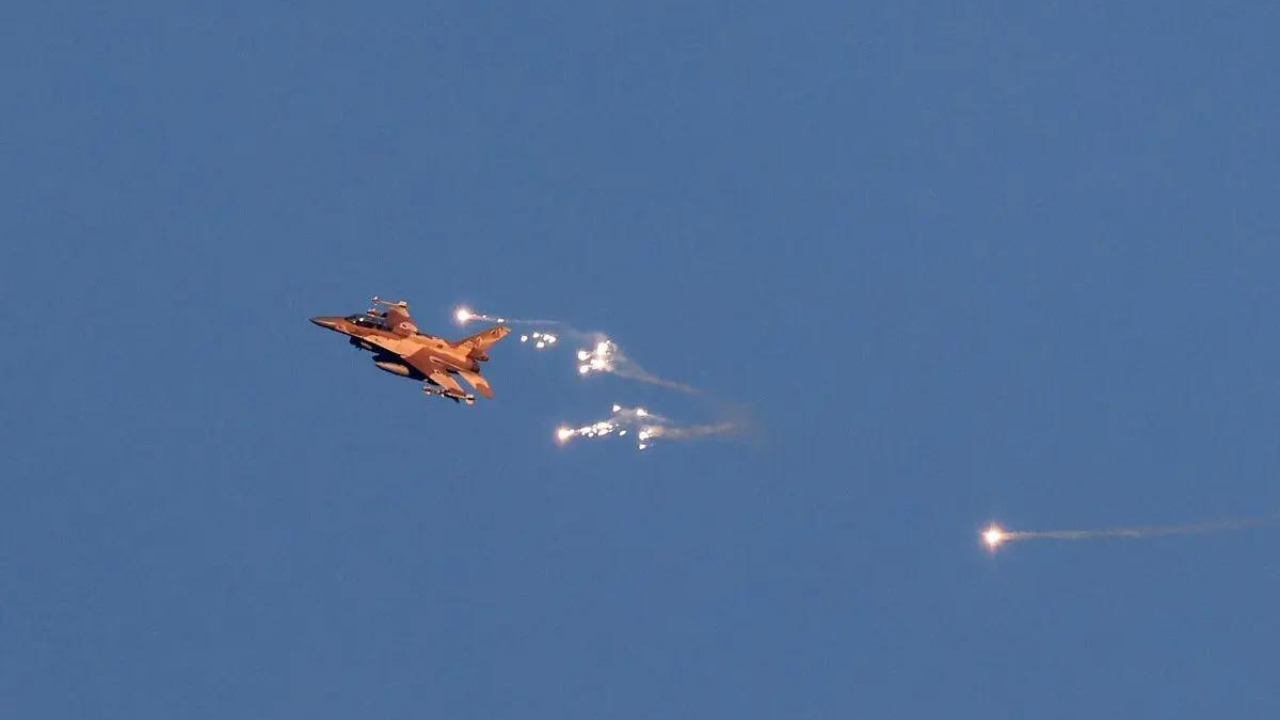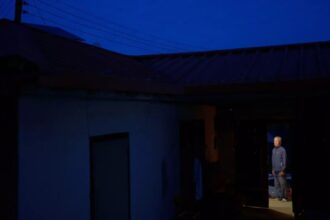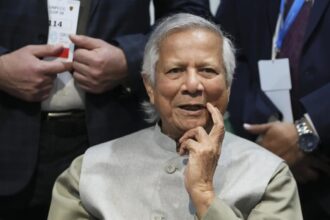Israel and the Lebanon-based organisation Hezbollah exchanged messages through intermediaries on Sunday to avert further escalation after engaging in one of the biggest exchanges of fire in the past 10 months.
The primary message conveyed was that both parties considered that the intense bombardment was “done” and that neither side desired a full-scale war, two diplomats told Reuters.
Hezbollah launched hundreds of rockets and drones at Israel early on Sunday, prompting Israel’s military to respond with around 100 airstrikes on Lebanon to prevent a larger attack. This clash marks one of the most significant in over 10 months of border conflict, , in the early hours of Sunday.
After the bombardment, Hezbollah indicated that it did not plan further attacks, meanwhile, Israeli Foreign Minister Israel Katz said that the preemptive airstrikes on Lebanon were not intended to provoke “a full-scale war.” However, Prime Minister Benjamin Netanyahu cautioned that it was “not the end of the story.”
Netanyahu warned that Hezbollah and Iran should understand that the response was “another step towards changing the situation in the north and returning our residents safely to their homes” and that “this is not the end of the story” Reuters reported.
Hezbollah claimed responsibility for firing 320 Katyusha rockets towards Israel, targeting 11 military sites, as part of its retaliation for the assassination of senior commander Fuad Shukr last month.
Israel’s military said that it had prevented a larger attack by conducting pre-emptive airstrikes, deploying 100 jets to hit over 40 Hezbollah launch sites in southern Lebanon, marking one of the most significant clashes in the ongoing border conflict.
Witnesses observed missiles streaking through the early morning sky, leaving dark vapor trails in their wake. The sound of air raid sirens echoed across Israel, accompanied by distant explosions illuminating the horizon. In southern Lebanon’s Khiam, smoke billowed from residential areas, indicating the impact of the Israeli strikes.
A Hezbollah official revealed that the group had delayed its response to allow time for Gaza ceasefire negotiations and had carefully calibrated its actions to avoid triggering a full-scale war. Hezbollah indicated that the remainder of its response to Shukr’s killing would take “some time”.
Hezbollah leader Sayyed Hassan Nasrallah in a televised address said that the group executed its attack “as planned,” rejecting Israeli military claims that preemptive strikes had thwarted a broader assault.
Nasrallah said that Hezbollah intentionally avoided targeting civilians or public infrastructure, including Ben Gurion Airport in Tel Aviv. He revealed that the main target was a military intelligence base located about 110 km (70 miles) inside Israeli territory. “If the result is not sufficient, we reserve the right to respond again,” Nasrallah added.
The primary message conveyed was that both parties considered that the intense bombardment was “done” and that neither side desired a full-scale war, two diplomats told Reuters.
Hezbollah launched hundreds of rockets and drones at Israel early on Sunday, prompting Israel’s military to respond with around 100 airstrikes on Lebanon to prevent a larger attack. This clash marks one of the most significant in over 10 months of border conflict, , in the early hours of Sunday.
After the bombardment, Hezbollah indicated that it did not plan further attacks, meanwhile, Israeli Foreign Minister Israel Katz said that the preemptive airstrikes on Lebanon were not intended to provoke “a full-scale war.” However, Prime Minister Benjamin Netanyahu cautioned that it was “not the end of the story.”
Netanyahu warned that Hezbollah and Iran should understand that the response was “another step towards changing the situation in the north and returning our residents safely to their homes” and that “this is not the end of the story” Reuters reported.
Hezbollah claimed responsibility for firing 320 Katyusha rockets towards Israel, targeting 11 military sites, as part of its retaliation for the assassination of senior commander Fuad Shukr last month.
Israel’s military said that it had prevented a larger attack by conducting pre-emptive airstrikes, deploying 100 jets to hit over 40 Hezbollah launch sites in southern Lebanon, marking one of the most significant clashes in the ongoing border conflict.
Witnesses observed missiles streaking through the early morning sky, leaving dark vapor trails in their wake. The sound of air raid sirens echoed across Israel, accompanied by distant explosions illuminating the horizon. In southern Lebanon’s Khiam, smoke billowed from residential areas, indicating the impact of the Israeli strikes.
A Hezbollah official revealed that the group had delayed its response to allow time for Gaza ceasefire negotiations and had carefully calibrated its actions to avoid triggering a full-scale war. Hezbollah indicated that the remainder of its response to Shukr’s killing would take “some time”.
Hezbollah leader Sayyed Hassan Nasrallah in a televised address said that the group executed its attack “as planned,” rejecting Israeli military claims that preemptive strikes had thwarted a broader assault.
Nasrallah said that Hezbollah intentionally avoided targeting civilians or public infrastructure, including Ben Gurion Airport in Tel Aviv. He revealed that the main target was a military intelligence base located about 110 km (70 miles) inside Israeli territory. “If the result is not sufficient, we reserve the right to respond again,” Nasrallah added.
Source : Times of India


